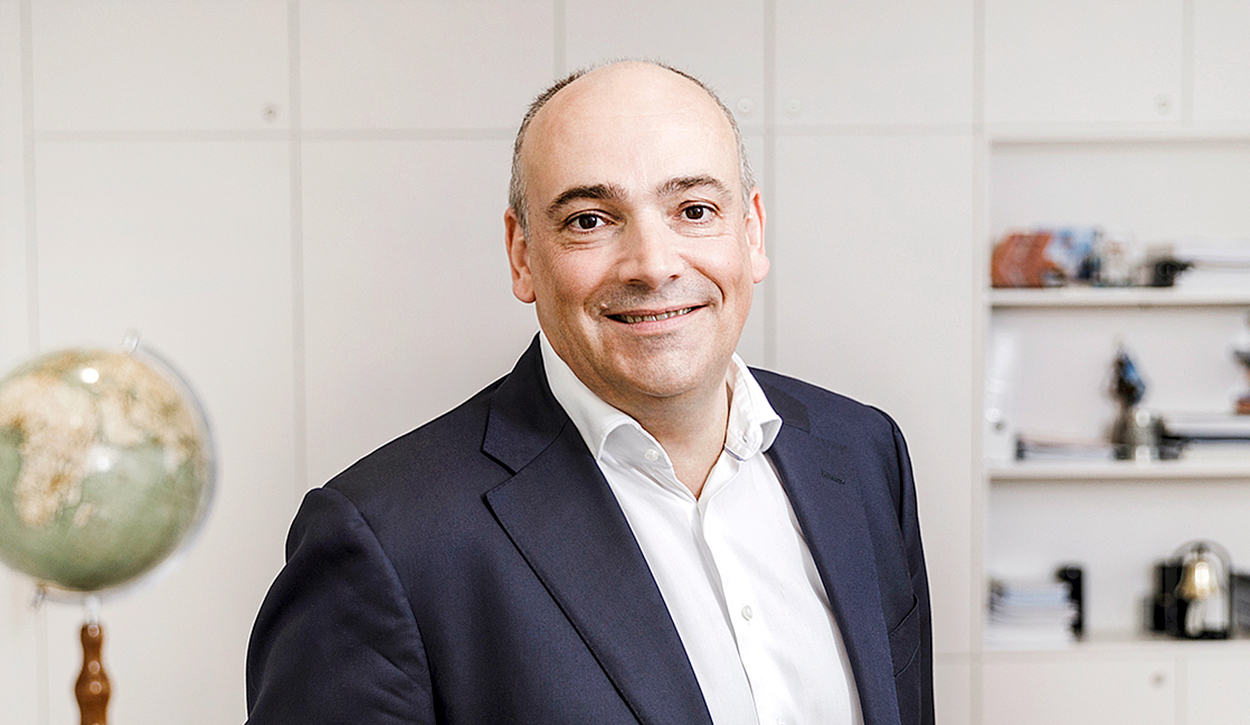ABP’s decision to exclude fossil fuel investments from its portfolio therefore marks the end of a process of engagement aimed at persuading companies to accelerate their decarbonization plans, and it should be noted that this has its costs.
Firstly, on the financial side, although ABP does not expect the move to have a negative impact on returns, a 2021 paper in the Journal of Financial Economics found that companies with exposure to carbon risk generated additional returns for their shareholders. That is, carbon risk is priced and lessening the exposure to carbon might impact returns.
Secondly, there is also the possibility of downward pressure on the stock price of the stakes that are sold because of the scale of ABP’s investments (the decision to spread the sale of its position until Q1 2023 could also be seen as a way of addressing this contingency).
Last, and even more importantly, is not clear that the withdrawal from an oil company’s shareholder base of an investor with a strong sustainability reputation will help solve climate change. Selling shares to another owner may just mean passing the baton to other, arguably less responsible investors. ABP has a strong reputation for sustainability. Giving up its role as a shareholder will deprive the fund of the chance to exert influence on the companies in its investment portfolio.
Despite all these risks, I believe ABP’s move represents a meaningful signal that could have a major positive impact if it is picked up and followed by others. It is very difficult for one investor (even of the size of ABP) to move the needle on sustainability, but when it is followed by others in the industry, then companies can start to feel the heat and the movement can lead to real change.
Interestingly, the day after ABP’s announcement, hedge fund Third Point, which has built up a large stake in Shell, called for the oil major to be split into separate entities to improve its performance and enable it to invest more aggressively in decarbonization. This may or may not be a coincidence, but it also follows activist investor Engine No. 1’s success in installing three directors on the board of Exxon Mobil as part of a drive persuade the company to reduce its carbon footprint.
Only time will tell whether ABP’s move will bring the desired results and lead to wider change, but I hope that ABP’s bold move will act as a catalyst for momentum towards a changing attitude to fossil fuel producers among institutional investors.







